Photos: Roman-era silver jewelry and coins discovered in Scotland
Roman-Era Silver
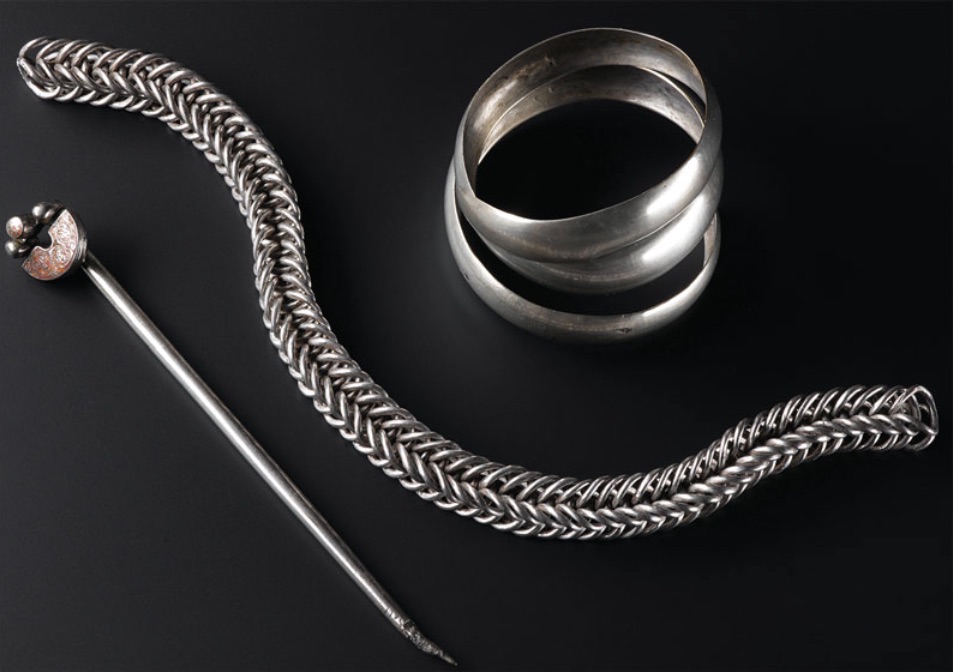
A recent survey of a field in northeastern Scotland has uncovered 100 pieces of ancient silver items, including handcrafted jewelry, coins and chunks of silver called ingots, a new study finds. But silver wasn't mined in Scotland during the Roman period, suggesting that these pieces came from the Roman world, the researchers said. Some of these pieces were likely recycled and recast by the Picts, the non-Roman natives living in Scotland at the time, the researchers said.
[Read the Full Story About the Gaulcross Hoard]
Scottish map
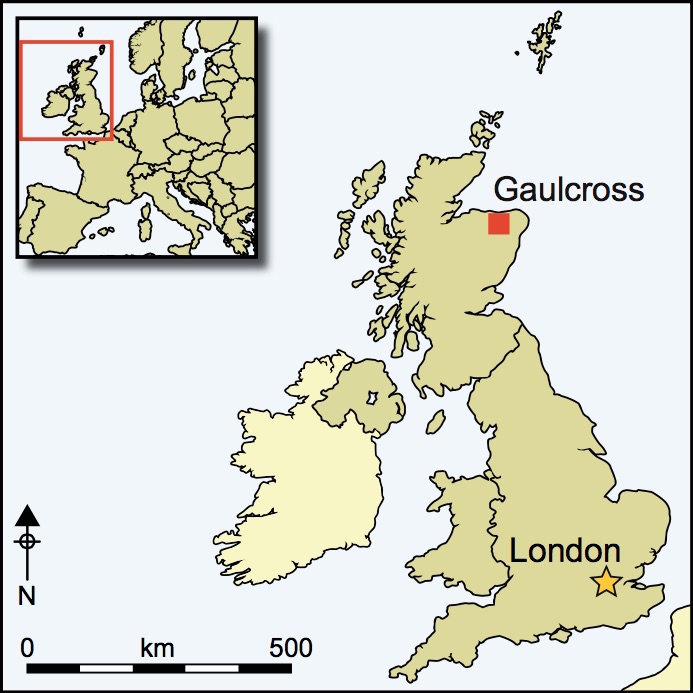
Archaeologists found the Gaulcross hoard in northeastern Scotland.
Silver trio

In 1838, day laborers used dynamite to clear a rocky field for farmland. They uncovered these three silver pieces — the spiral bangle, a chain and a hand pin. All three objects are now on display at the National Museum of Scotland in Edinburgh.
Silver brooch
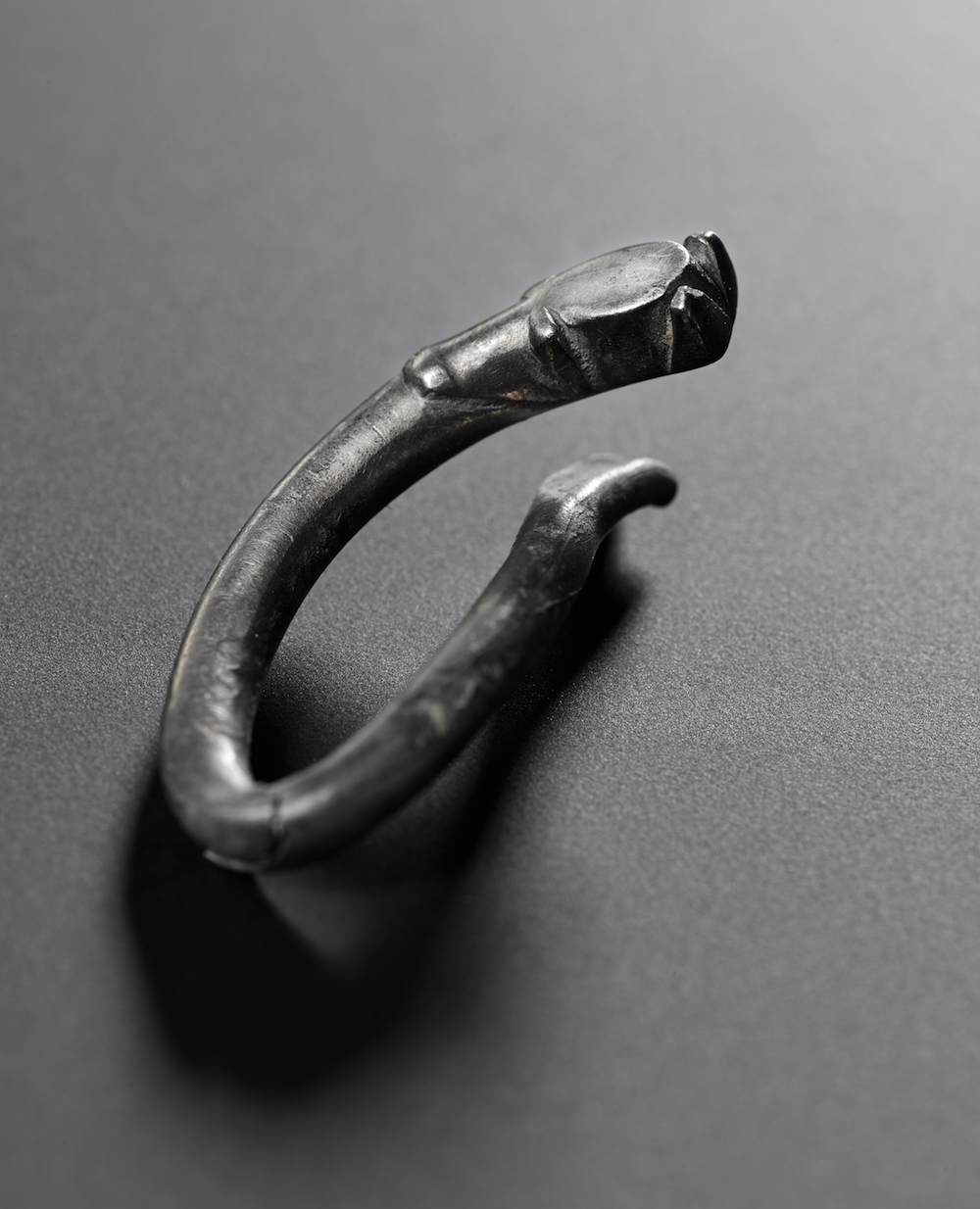
A small, animal-like brooch fashioned out of silver. Researchers found this piece recently during an excavation in the same field that yielded the three silver pieces in 1838.[Read the Full Story About the Gaulcross Hoard]
Lunate pendant
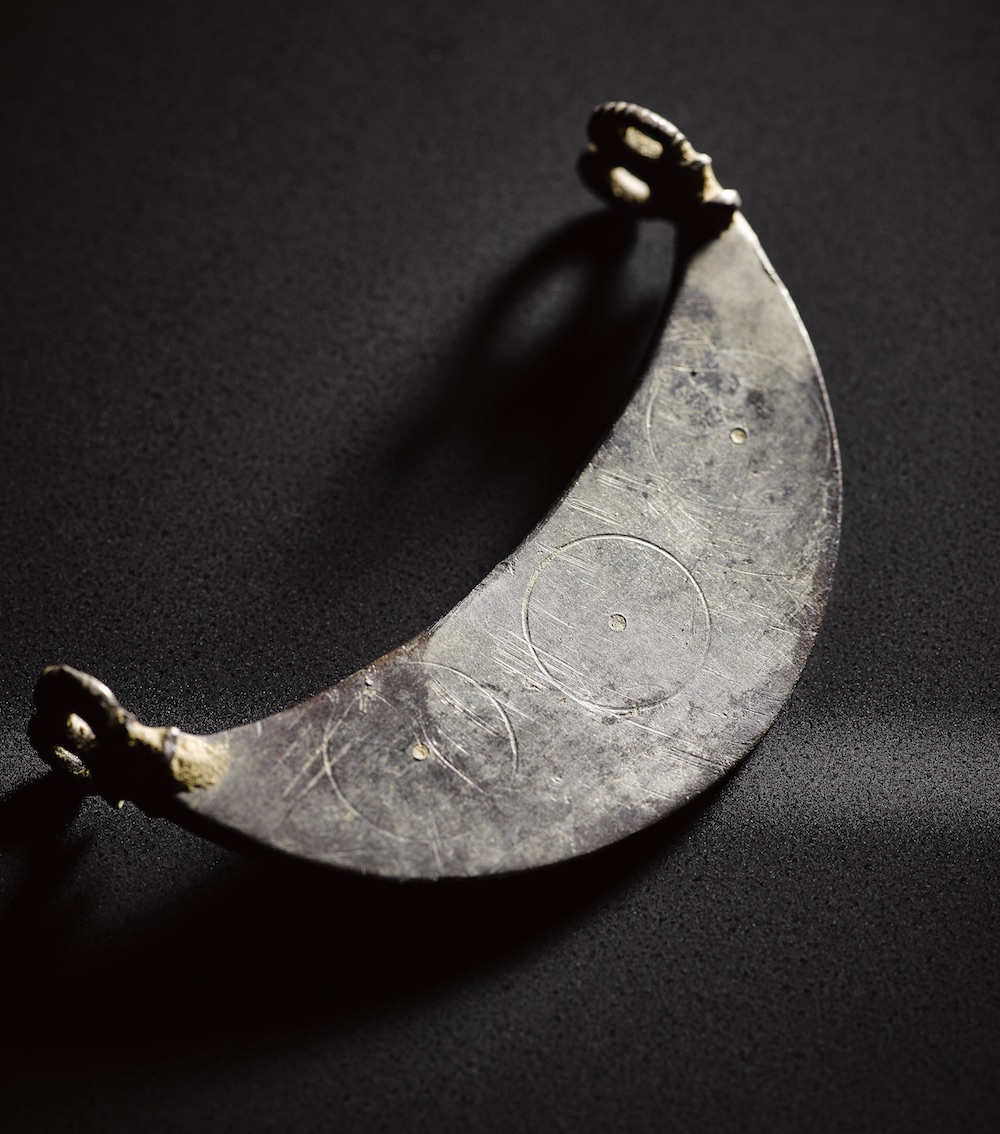
A crescent-shaped pendant that has two double loops. This silver artifact was also discovered during recent excavations of the Scottish field.
Two of a kind
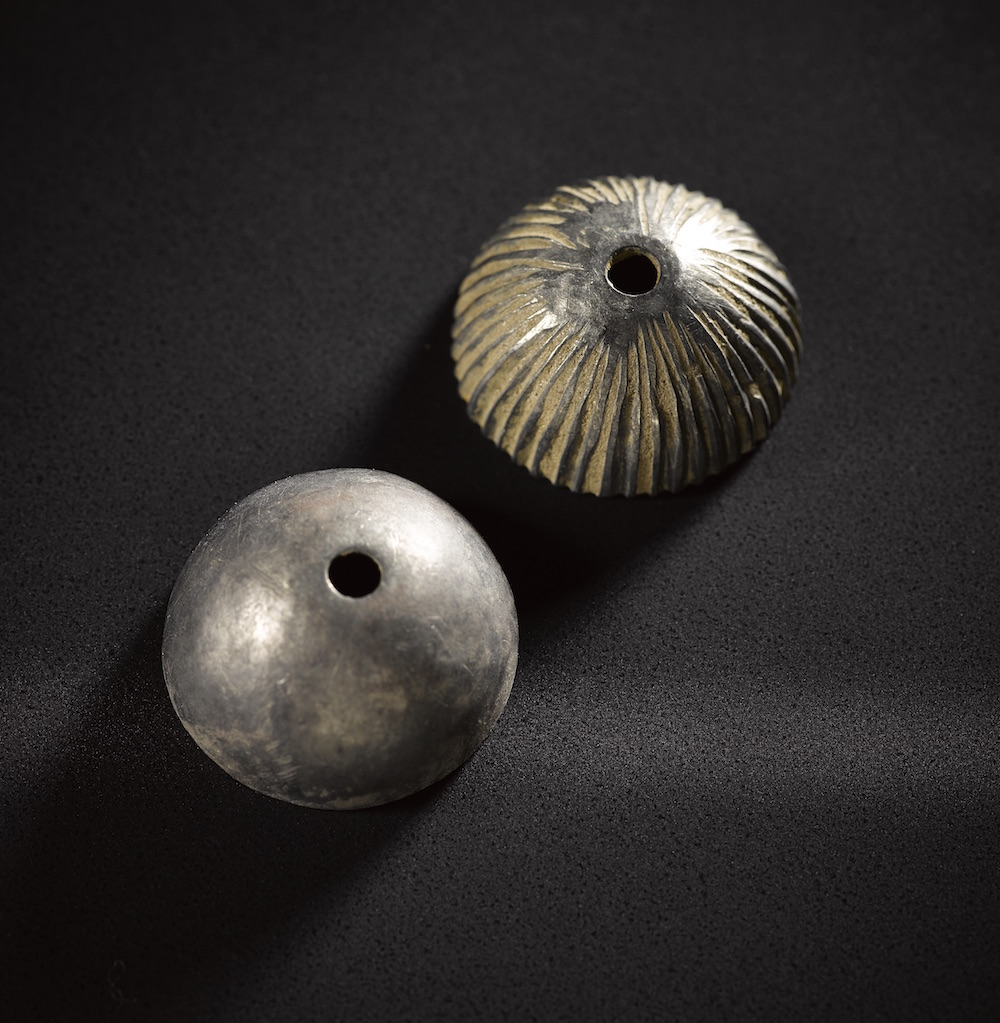
Two hemispheres made out of silver. These were among the 100 pieces of silver recently unearthed at an excavation in northeastern Scotland.
Sign up for the Live Science daily newsletter now
Get the world’s most fascinating discoveries delivered straight to your inbox.
Silver fragment
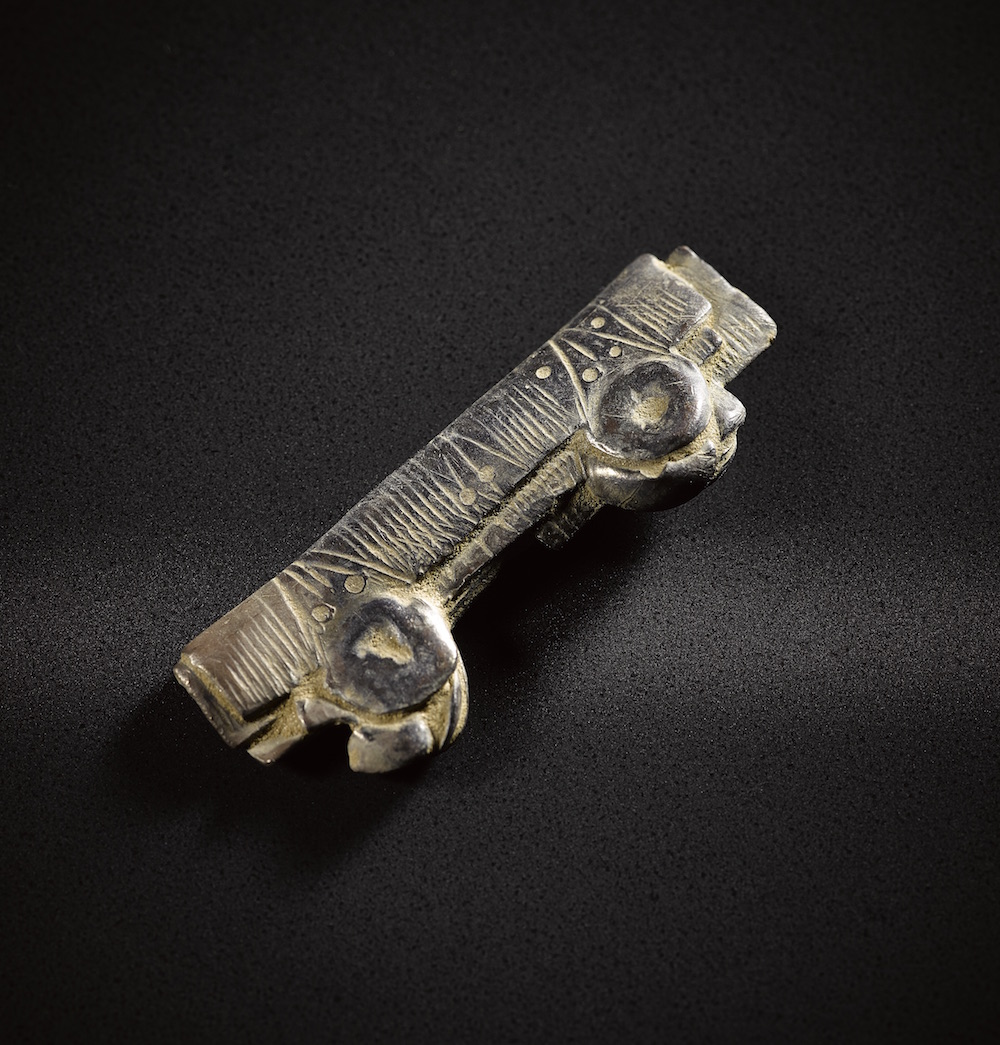
Another silver fragment from the Gaulcross hoard. It's likely that the non-Romans — such as the Pict people — acquired the silver from Romans through looting, trade, bribes or military pay, the researchers said.
Chilly work
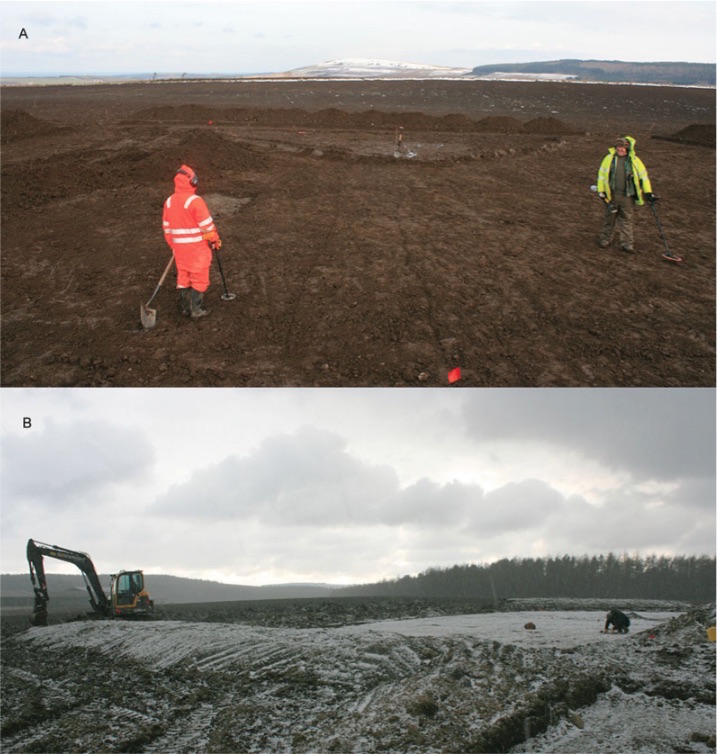
The archaeologists spent much of the winter excavating the field in Scotland.
[Read the Full Story About the Gaulcross Hoard]
Silver strap
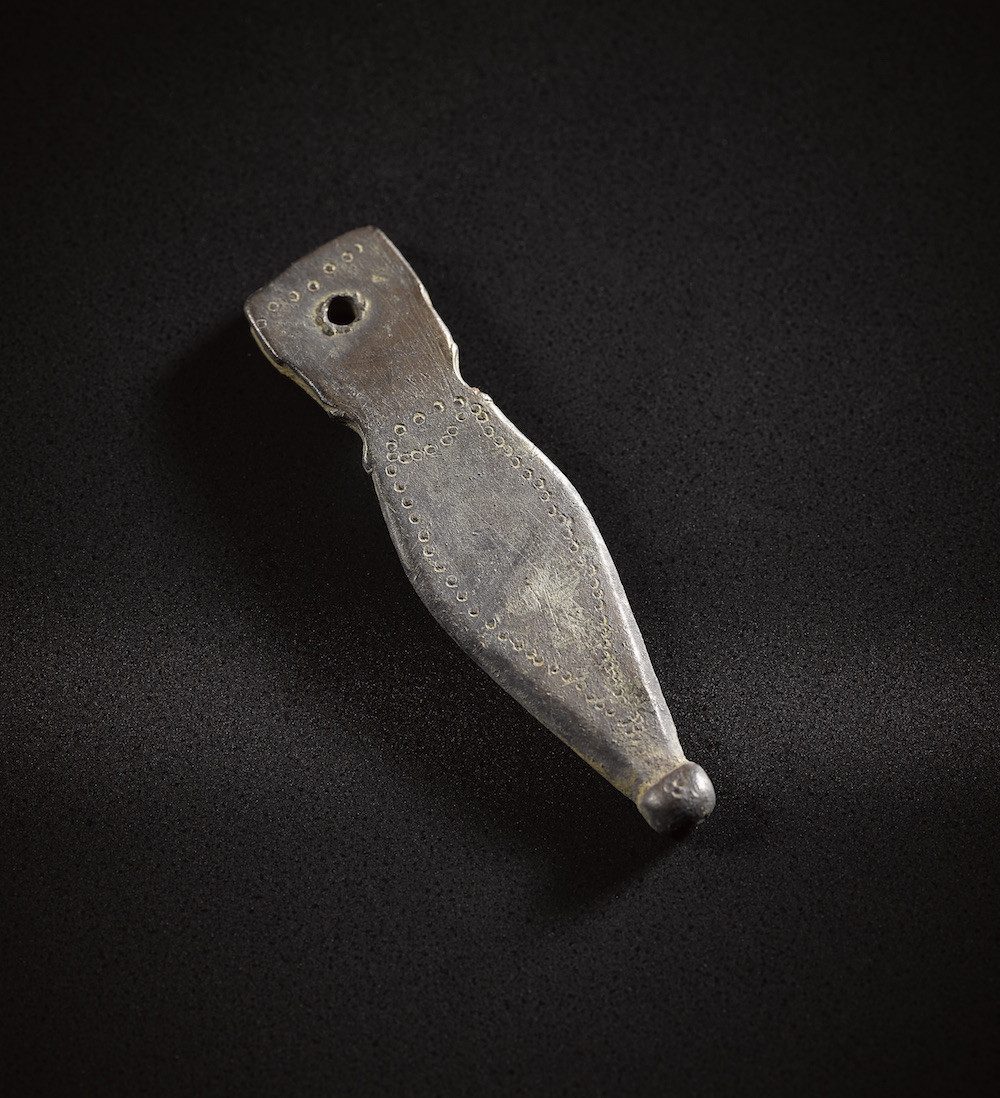
A silver strap end piece dating to the late-Roman period.
Gaulcross hacksilver
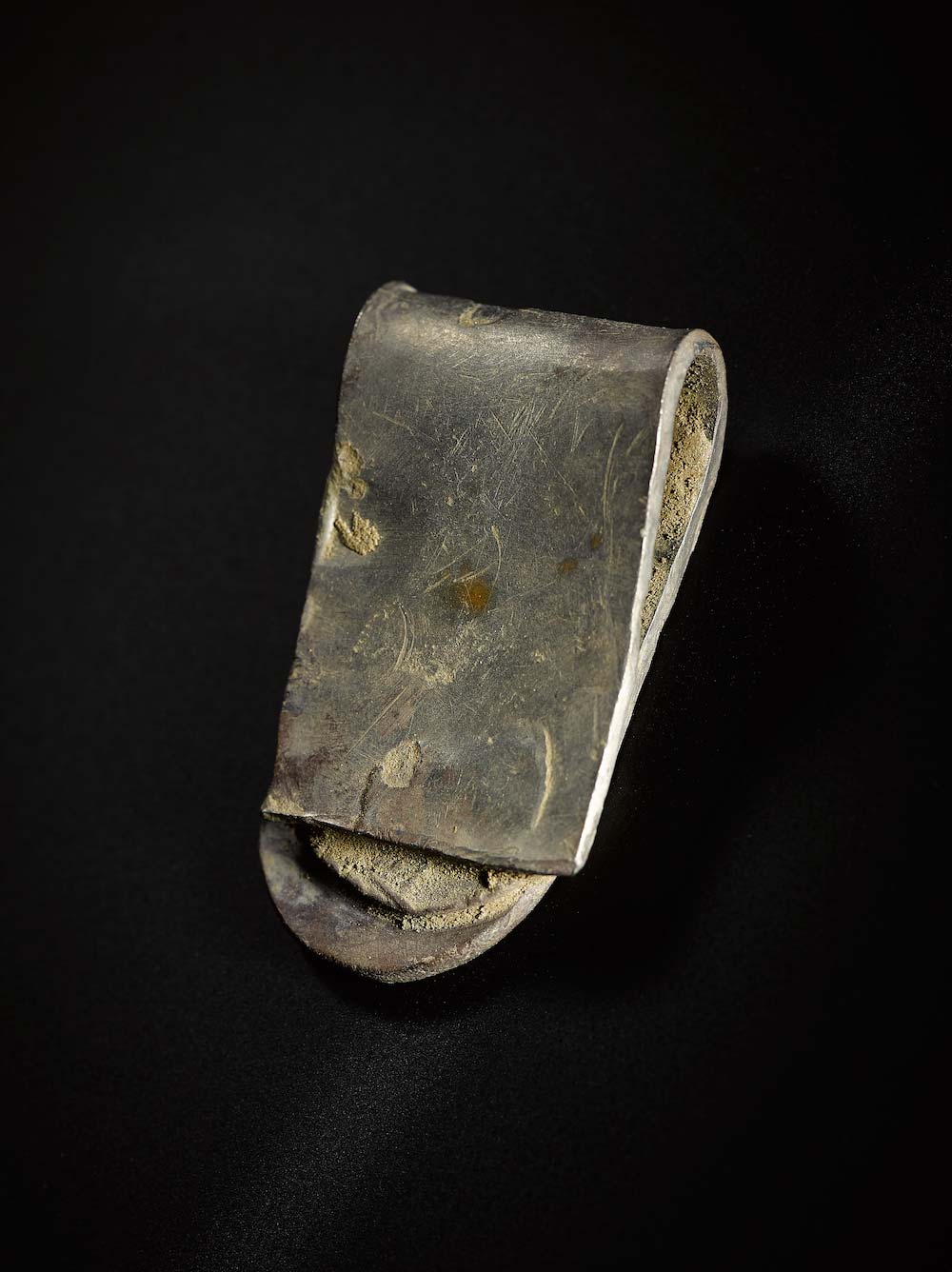
A piece of "hacksilver" from Gaulcross. Notice the coin between the folds.
The whole hoard
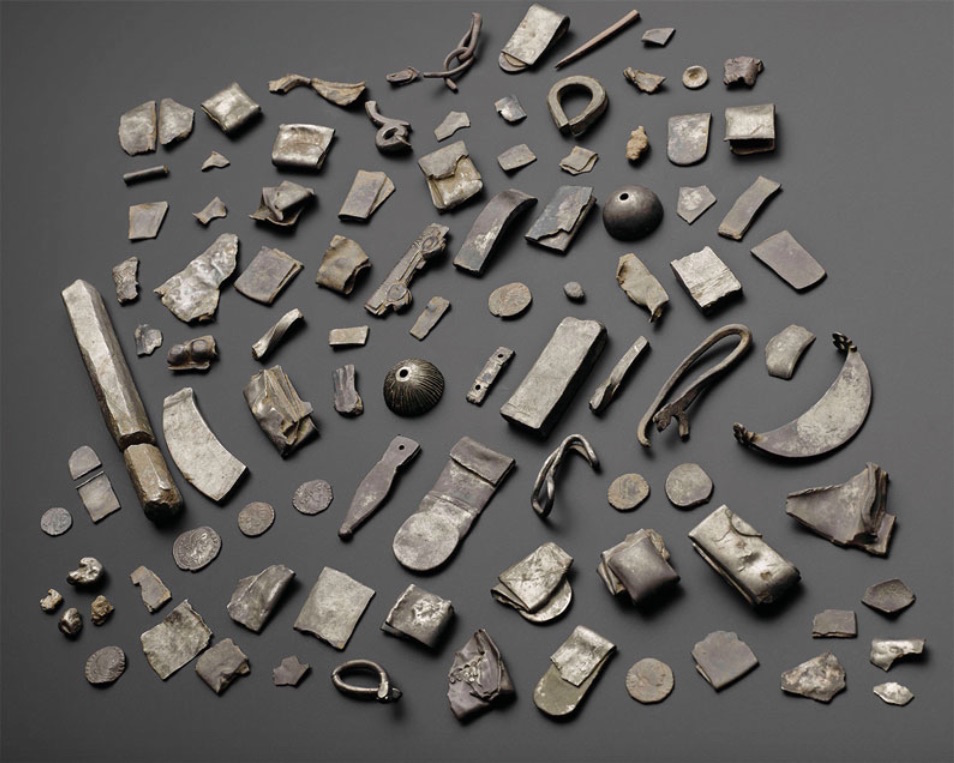
The entire silver hoard (except for the three pieces discovered in 1838) on display.
Editor's Recommendations
—Image gallery: Trove of Roman artifacts

Laura is the archaeology and Life's Little Mysteries editor at Live Science. She also reports on general science, including paleontology. Her work has appeared in The New York Times, Scholastic, Popular Science and Spectrum, a site on autism research. She has won multiple awards from the Society of Professional Journalists and the Washington Newspaper Publishers Association for her reporting at a weekly newspaper near Seattle. Laura holds a bachelor's degree in English literature and psychology from Washington University in St. Louis and a master's degree in science writing from NYU.









